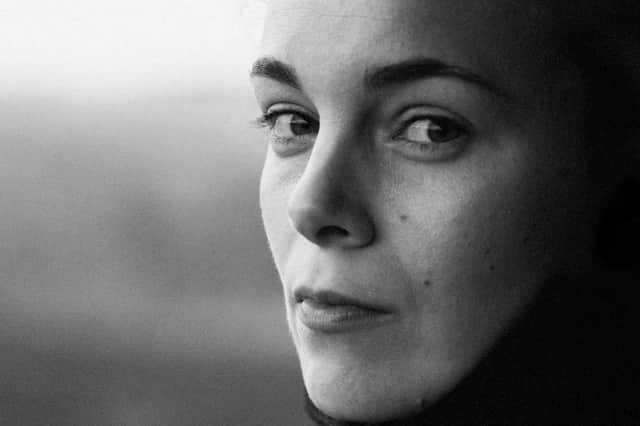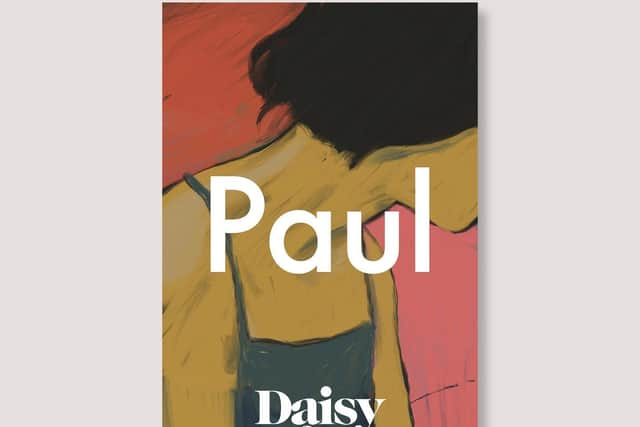Book review: Paul, by Daisy Lafarge


Questions have been raised in recent times as to whether the sordid behaviour of the artist Paul Gauguin should result in his work being “cancelled” – shunned by the artistic community. In Paul, debut author Daisy Lafarge explores the issue through the creation of a modern Paul, a man who, like his namesake, lived in Tahiti, taking advantage of a culture very different to his own.
Graduate student Frances meets Paul when she volunteers to work on an organic farm in the south of France – an unimpressive set up called Noa Noa, after Gauguin’s travel journal of the same name. A quiet, damaged young woman in her twenties, Frances allows herself to fall into a relationship with the 44 year-old, worldly wise and full of stories about his travels. “I think he’s interesting,” she tells Félix, an old friend of Paul’s who she meets while touring around France, “and – he makes me feel interesting.”
Advertisement
Hide AdFrances’s lack of self confidence has left her adrift after parting from an unexplored yet complex relationship with another older man, her former tutor, who she refers to only as AB. Paul’s behaviour, meanwhile, confuses her: she is in turn attracted and repelled by him and his frank admissions about his past.


On hearing one of his more shocking admissions, Frances admits that she has “never been able to cleave right from wrong” as easily as her mother, allowing Paul’s toxicity to thrive in a grey area within her mind, from which she is unable to tear herself away.
After her arrival at the farm – she is dropped off by one man, a taciturn driver, to be picked up by her new host – Paul chooses Frances over the older Béthanie, an existing resident with whom he has previously had a relationship, because she is malleable and easy to impress. Yet even Béthanie cannot leave Paul, cooking for him at his farm in a way that makes her feel needed.
“You know, Frances, before Bét came, I lived like a pauper,” he says, prompting a smiling, almost coy, dismissal from Béthanie.
Lafarge, a graduate of Edinburgh and Glasgow universities, was shortlisted for the 2020 TS Eliot Prize for her poetry collection Life Without Air and also received the Betty Trask Award for Paul, open to first-time novelists under 35, before publication.
Carefully structured and at times an uncomfortable read, the book has shades of Sally Rooney’s hit novels Normal People and Conversations With Friends. Just as it feels that Frances will not be able to escape Paul’s hold on her, Lafarge offers a sliver of hope for the fight against the patriarchy. Despite her vulnerability, it turns out that even Frances has a line that can’t be crossed.
Advertisement
Hide AdPaul, by Daisy Lafarge, Granta, £12.99. Daisy Lafarge is appearing at Edinburgh International Book Festival on 27 August, www.edbookfest.co.uk
A message from the Editor:
Thank you for reading this article. We're more reliant on your support than ever as the shift in consumer habits brought about by coronavirus impacts our advertisers.
If you haven't already, please consider supporting our trusted, fact-checked journalism by taking out a digital subscription at https://www.scotsman.com/subscriptions